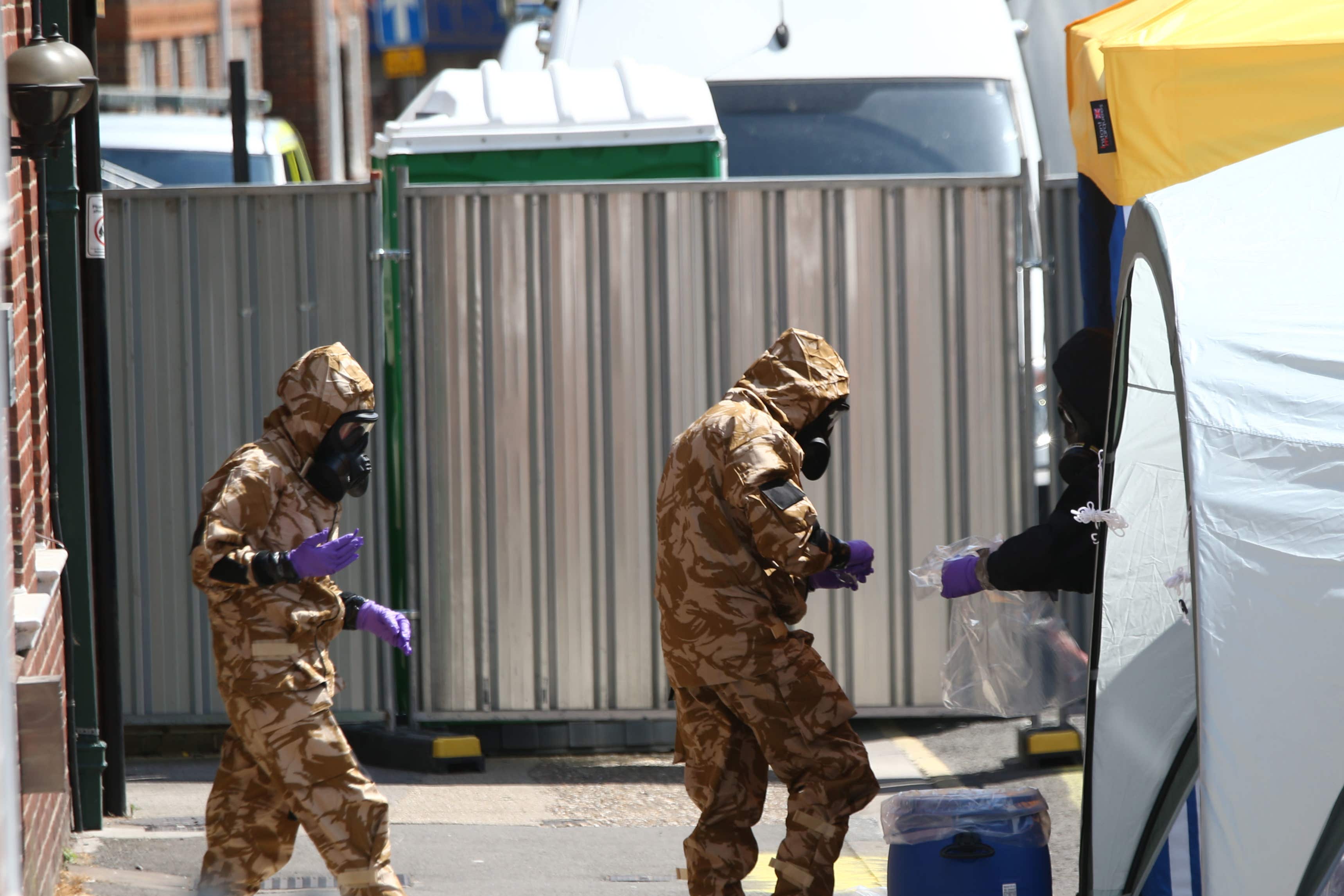Vladimir Putin unlikely to go to Novichok victim’s inquiry, ambassador says
The family of Dawn Sturgess have called on the Russian president to speak to the inquiry after her death in the Salisbury poisonings.

Your support helps us to tell the story
From reproductive rights to climate change to Big Tech, The Independent is on the ground when the story is developing. Whether it's investigating the financials of Elon Musk's pro-Trump PAC or producing our latest documentary, 'The A Word', which shines a light on the American women fighting for reproductive rights, we know how important it is to parse out the facts from the messaging.
At such a critical moment in US history, we need reporters on the ground. Your donation allows us to keep sending journalists to speak to both sides of the story.
The Independent is trusted by Americans across the entire political spectrum. And unlike many other quality news outlets, we choose not to lock Americans out of our reporting and analysis with paywalls. We believe quality journalism should be available to everyone, paid for by those who can afford it.
Your support makes all the difference.Russia has appeared to reject calls from the family of the woman who died in the Salisbury poisonings for President Vladimir Putin to attend the public inquiry into the death.
Dawn Sturgess, 44, died after being exposed to the nerve agent Novichok, which had been left in a discarded perfume bottle in Amesbury, Wiltshire, in July 2018.
Andrei Kelin, Russia’s ambassador to the UK, told the BBC’s Sunday With Laura Kuenssberg programme: “I hardly believe President Putin will go to Britain just to testify to something.”
Mr Kelin said he has never met Ms Sturgess’s family and added that “if someone has died, of course we are concerned about that”.
The Metropolitan Police has identified three suspects wanted in connection with the poisonings: Denis Sergeev, Alexander Mishkin and Anatoliy Chepiga – who used the aliases Sergey Fedotov, Alexander Petrov and Ruslan Boshirov respectively while in the UK.
A post-mortem examination found that Ms Sturgess died of Novichok poisoning and witnesses are giving evidence to the ongoing public inquiry, which was set up in March 2022.
Mr Kelin questioned the need for a hearing, saying “why drag this history so long?”
He suggested that many questions had already been answered in a press conference held by the Russian authorities, and it is “nonsense” that many foreign powers think Moscow was involved in the attack.
He told the programme: “Too many governments are involved, do they really take advice of each other?”
An international arrest warrant was issued for the three Russian men thought to have been involved in the attacks on British soil, but because the Russian constitution does not allow the extradition of its citizens it is unlikely they will ever stand trial.
Two suspects gave an interview with Russian state media in which they said they were only in the UK briefly, to visit Salisbury Cathedral.